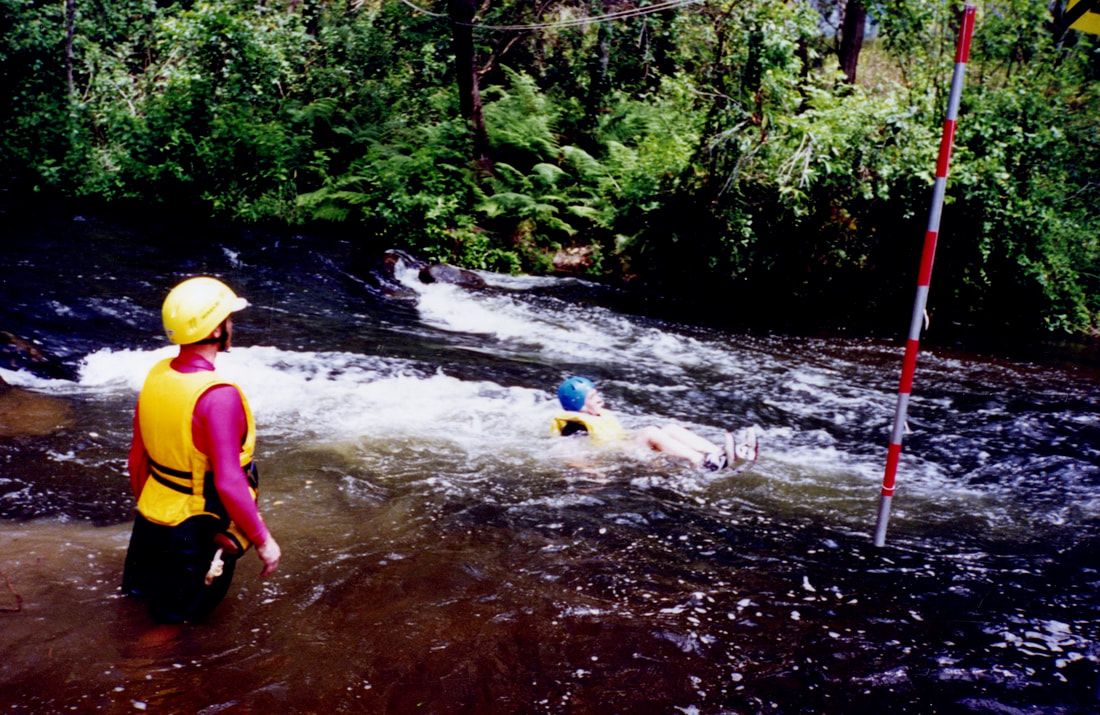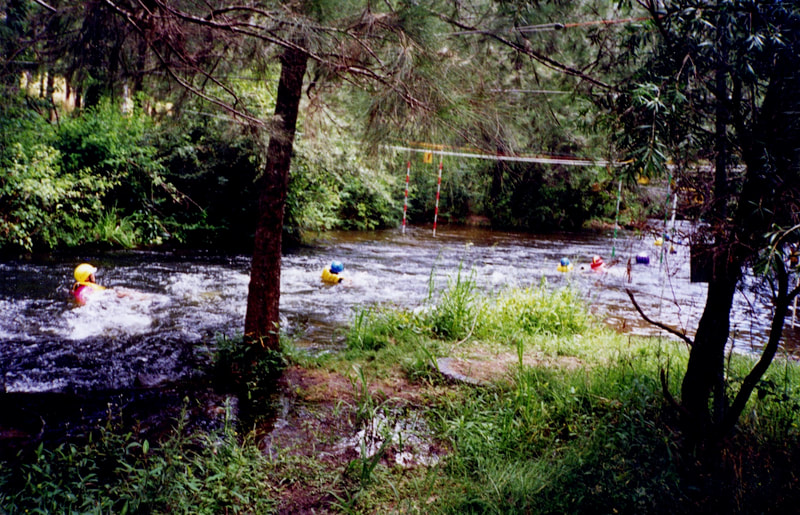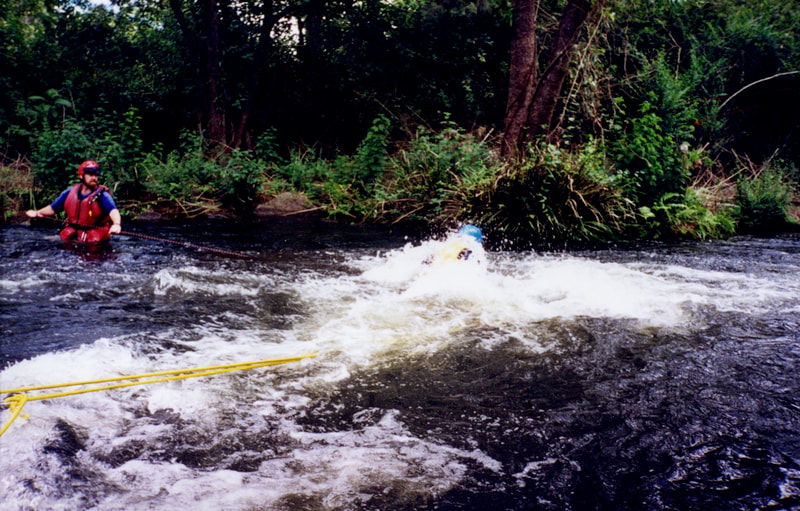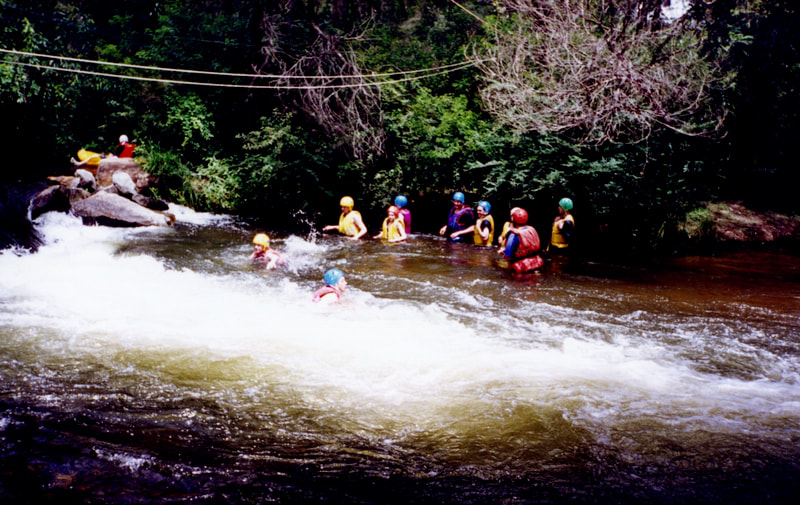|
Having written about two major human risk factors involved with any outdoor program, the expert blind spot and the idiot blind spot, I thought it worth talking more about risk management training. Despite the attention to risk management forms, this is one area which is seriously lacking in schools today and is unlikely to ever be covered by any education degree. However, as experiential education and outside of classroom learning expands, the need for risk management training will become critical to any uni course. However, this doesn’t mean that it will find its way into the curriculum at any point. Unless you’re an outdoor ed person, for most teachers the first time they encounter risk management is when they’re taking a group of students away for the very first time. With puzzled looks, they ask someone else what to do. The equally uncertain colleague says something like, “Oh! I’ve gotta fill in a bunch of paperwork.” It’s more often than not the blind leading the blind and one poor practice is followed by another, with the end result being that people think they’re doing the right thing, when they’re not even aware of most risks involved in a program, nor how to eliminate, mitigate or accept the risks. Without any training, a school or organisation can stumble through, reliant mainly on luck for the success of their programs. This is never a good approach, since unless you’re a Marvel superhero, luck tends not to be a terribly effective way of managing risk. Instead, you need to build systems that are reliable, trackable and continuously reviewed. Risk management is a culture within your organisation and not a stand alone document that gathers dust until the lawyers and coroner want to take a look. Without a culture of risk management, then your organisation is leaving itself open to poor planning and potential operational disasters. Swift Water Rescue Training How do you avoid this? As with everything else you want to improve in, do some training! Learn to what risks you’re exposing staff and students. Learn how to effectively plan and implement good risk management systems and build a culture of risk managers. Also learn how to respond when things don’t go to plan. I’ve seen far too many teachers over the years start to fall apart when things don’t go to plan. Instead, train and practice for the worst case scenarios, to ensure you’re ready to deal with any scenario.
The more teachers take students outside the classroom, the more critical it is to be trained in proper risk management. You can’t rely on a third party provider to do everything. Despite what many people may think, you can’t subcontract your risk out to someone else. Therefore, to protect you, your staff and students, get trained in risk management, which incidentally our partner company Xcursion runs. Everything from basic risk management for new staff, to senior management programs to organisation-wide training can and should be covered. Pleading ignorance is no defence in court, so it’s not worth the risk of not understanding risk management.
0 Comments
Your comment will be posted after it is approved.
Leave a Reply. |
Categories
All
Archives
April 2021
|




 RSS Feed
RSS Feed